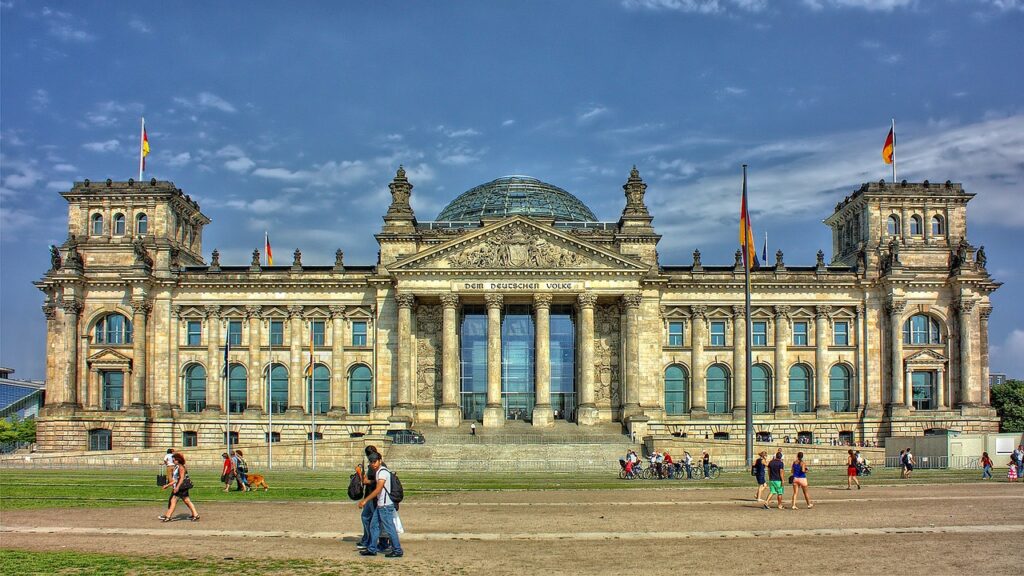According to the constitution, the government has the task of making laws together with the Senate and the House of Representatives of the States-General. The government also concludes international treaties, establishes foreign policy, regulates defense, and appoints mayors, commissioners of the king, and members of the judiciary. The tasks stated in the constitution are carried out by the government under parliamentary control. Parliament cannot reverse government decisions in this area, but it can let you know if it disagrees. If necessary, the parliament can give up its confidence in the government, so that the cabinet must resign.

The Cabinet
In addition to ministers, there are also state secretaries. A state secretary is a kind of deputy minister, but he does not replace a minister when he is absent. The Minister and State Secretary jointly make agreements about who is involved. All ministers and state secretaries together form the cabinet. The king is not one of them. The ministers head a ministry or department. In addition to shaping and implementing policy, they, therefore, have to manage often many hundreds of civil servants. There are currently eleven departments. But this number can be different for each cabinet formation. The names and tasks of ministries can also change. A cabinet often also includes a few ministers who do not have their own ministry. A minister who does not manage his own department is called a ‘minister without portfolio’ – and nowadays also known as a program minister. They sometimes have to ensure that all government parties are represented according to the election results. Sometimes they are also appointed to indicate that this is an important policy area for the government.
Minister-president
The Prime Minister plays a special role. He is not the only chairman of the Council of Ministers, but he is also in particular responsible for coordinating government policy. He is also the face of the cabinet. He presents the cabinet policy, for example, every Friday after the cabinet meeting at a press conference and on a regular television channel. He also represents the Netherlands in the European Council of government leaders. The Prime Minister therefore also plays a major role in foreign policy. Unlike in countries such as Germany and the United Kingdom, the Prime Minister in the Netherlands cannot appoint and dismiss individual ministers as he sees fit.
The national budget – Minister of Finance
An important part of government policy lies in the adoption of the annual national budget. This shows the influential position of the Minister of Finance. From January to July, negotiations are held every year between the Minister of Finance and the ministers of departments where large expenditures are made. If they don’t agree, the council of ministers will have to take the plunge. The national budget must be ready in August because it is presented to parliament on Budget Day. If you are interested in government, you can watch it on your TV using ‘iptv‘.
